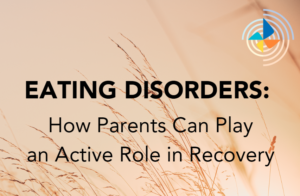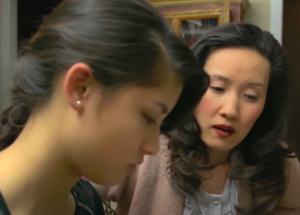Providing Support
What Should I Say?
If you are concerned about a friend, family member, or student who may be experiencing disordered eating, it is a good idea to talk to them about it. But, having this conversation can sometimes be difficult. The person may not be ready to talk about their disordered eating, or may not understand why you are approaching them. They may also deny that there is a problem.

Below is some information that can help you talk about this delicate subject in an open and caring way:
- Educate yourself about eating disorders and the resources available out there.
- Find a time to talk where it is a calm atmosphere – not during meals or in a crowded room. Some people find that it can be helpful to have difficult conversations in a car or during a walk, so that it doesn’t feel like you are staring directly at one other.
- Remember that people don’t choose to develop an eating disorder.
- Focus on feelings and behaviours, not on food or appearance. Indicate specific observations that led you to your concern. Be sure to give them time to respond.
- Use “I” statements to help show that you are sharing your perspective, and communicate in ways that reduce blame. For example, “I have noticed you….”, or, “I feel you are more…”
- Ask them how you can help. Listen carefully and empathetically to what they have to say and remind them that you want them to be healthy.
- Communicate that you love, accept, appreciate and value them. Commit to standing by them for as long as it takes, and recognize that making changes can be difficult.
- Some people may not respond positively when concerns are shared. Acknowledge that seeking outside help is beneficial and is not a sign of weakness, but a sign of strength.
If you would like more information about how to talk to someone who may be experiencing disordered eating or an eating disorder, contact the Kelty Mental Health Resource Centre.
“My family, close friends and fiancée were by my side through each phase of the journey – never once casting judgement or anger my way.” ~Sara
Resource List
- Eating Disorders in Youth- A Webinar for Parents & Caregivers: Webinar Recording ( English )
- Helping Someone with an Eating Disorder ( English )
- Coach and Athletic Trainer Toolkit ( English )
- How to Help a Loved One ( English )
- Guidelines for School Staff: Helping a Student with a Suspected Eating Disorder ( English )



